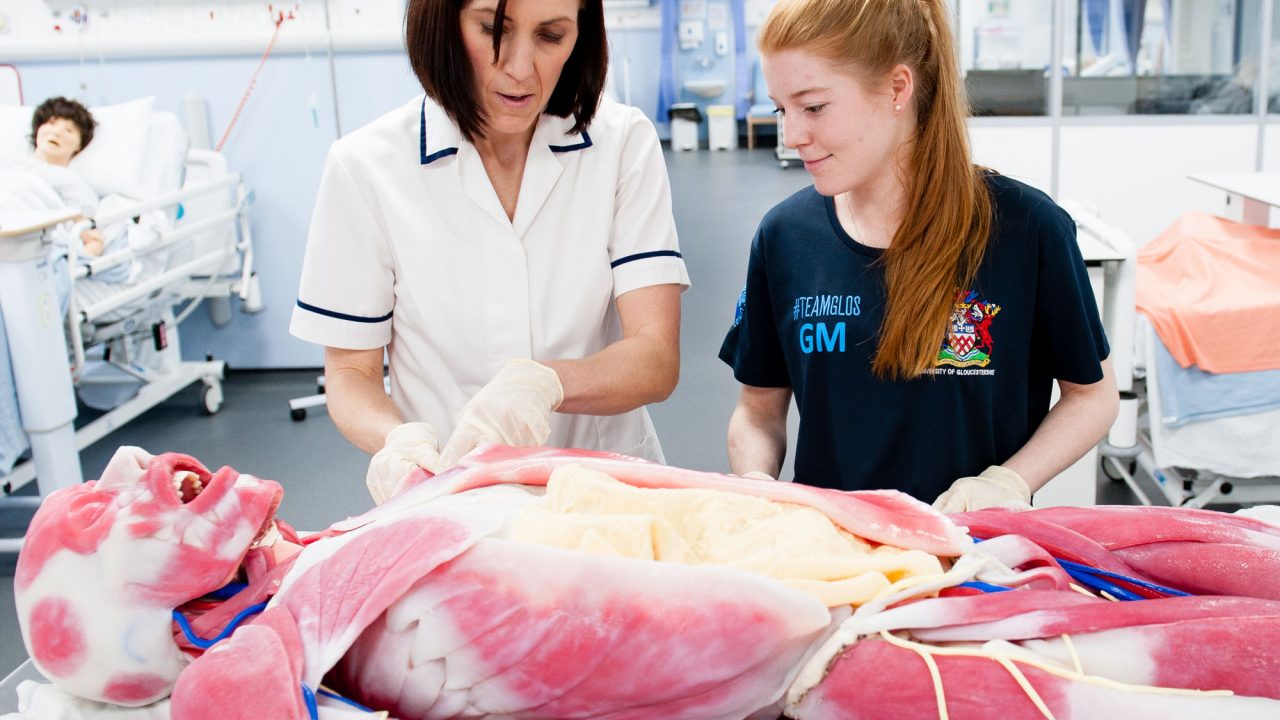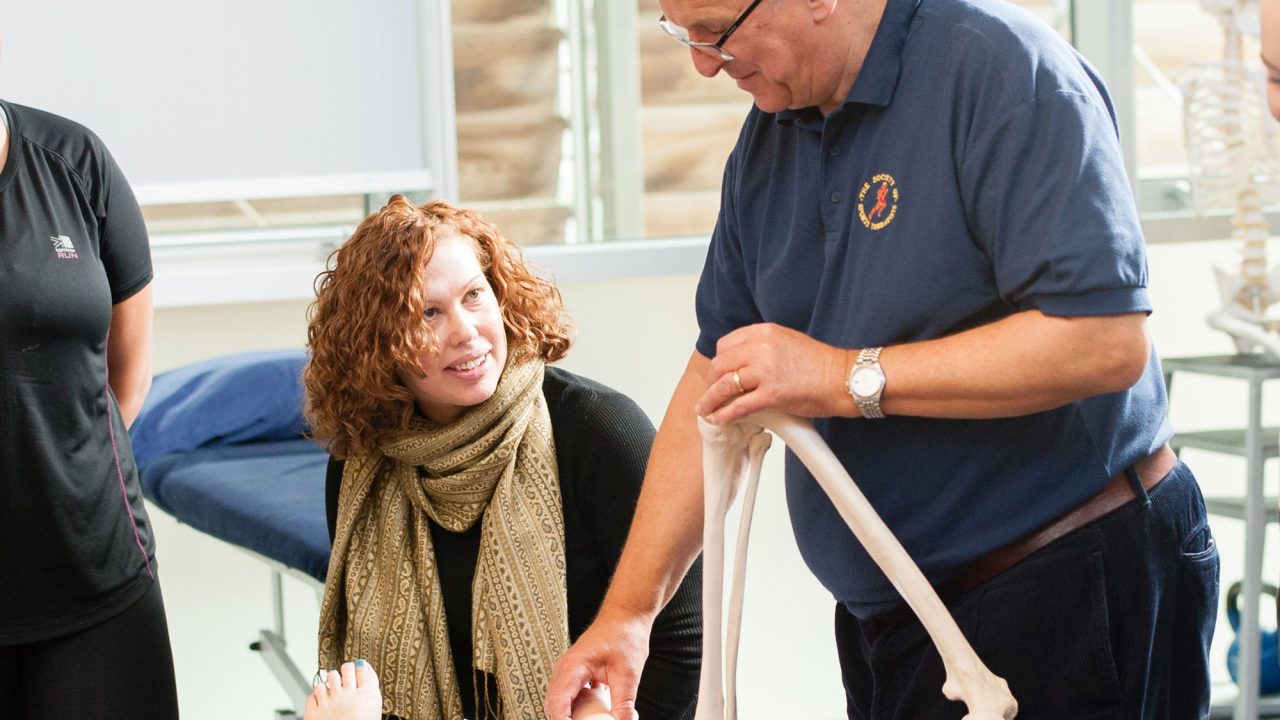Physiotherapy helps restore movement and function when someone is affected by injury, illness or disability. (Chartered Society of Physiotherapy, n.d.).
As a physiotherapist you can make a valuable contribution to the health and wellbeing of people affected by illness, injury or disability through movement and exercise, manual therapy, education and advice. The programme adopts a holistic, person-centred approach that places people at the centre of decision making and empowers patients and their families through education and engagement.
On this course you’ll study the core areas of physiotherapy, drawing on the evidence base in the discipline and applying them to a variety of clinical situations and healthcare settings. These include clinical placements in a range of NHS and private providers to help you prepare for your future career as a physiotherapist. You’ll also gain valuable experience supporting long-term condition management programmes and a musculoskeletal clinic at the university or in the local area. You’ll use facilities such as treatment rooms, rehabilitation spaces, a demonstration hospital ward, a skills laboratory, a strength and conditioning suite, a fitness suite and a simulated home environment.
The course is accredited by the Chartered Society of Physiotherapy (CSP) and validated by the Health and Care Professions Council (HCPC). On completion of the course you will be eligible to apply for membership of the CSP (Chartered Status) and HCPC Registration, to practise as a Registered Physiotherapist.
Study style
Your academic year will be split into blocks of taught delivery interwoven with internal placement and blocks of placement activity. Teaching and placement will run Monday to Friday throughout the academic year and may include placements in other counties within the UK.
In keeping with many preregistration programmes, the academic year for the MSc Physiotherapy is longer than a typical undergraduate degree, with teaching and learning activities, including placements, extending into the summer months.
Methods of teaching and learning include:
- Lectures and seminars
- Group work and discussions
- Tutorials
- Skills practice in the clinical skills laboratory
- Practice-based learning (placements)
- Reflective logs
- Case-based discussions
- Assessment of competencies
- Self-directed study







; ?>)